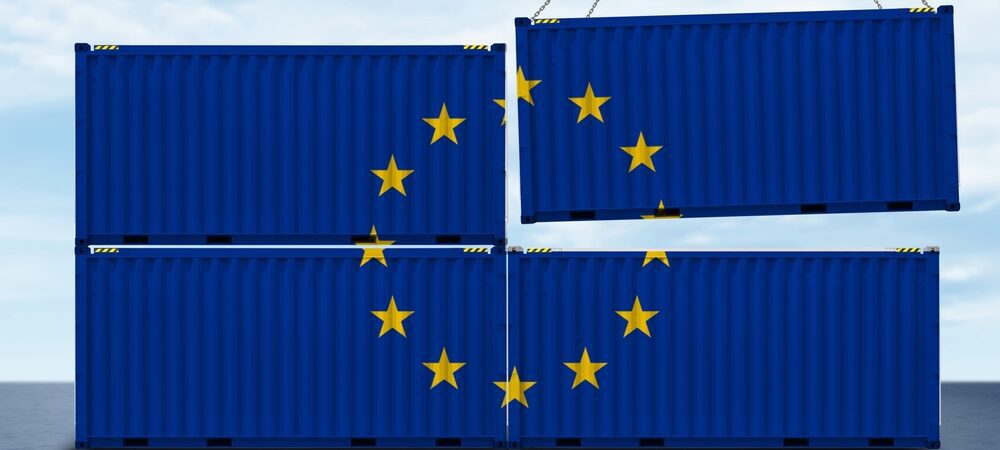In a book that spent several weeks on the New York Times bestseller list, a former US president said: “I like thinking big. I always have. To me it’s very simple: If you’re going to be thinking anyway, you might as well think big.”
Despite this inspirational quote, most of the trade deals pursued by the Trump Administration were not “big deals”. In contrast, most free trade agreements (FTAs) signed by countries around the world – the kind of trade agreements that nowadays capture people’s interest and political attention – are quite big. First, FTAs are big for they cover trade flows worth billions, and “essentially all products”, to use a well-known expression. The best proof for this assertion is that EU bilateral FTAs cover 52% of extra-EU exports. Hence, almost by default, FTAs are seen as important trade policy instruments as they eliminate tariffs affecting billions of euro worth of commercial interests. FTAs are a “big deal” also for other reasons beyond tariffs: for instance, if and when they open up new market access for services. Furthermore, FTAs cover many important areas such as sanitary and phytosanitary (SPS) measures, technical barriers to trade (TBTs), intellectual property rights (IPR) and public procurement. The red thread linking all these areas in an FTA is the overarching objective of trade facilitation and reduction in trade costs. Hence, FTAs are central to the widely accepted view of current global trade relations, governed essentially by multilateral rules established at the WTO and complemented by a large (and growing) number of FTAs.
This paper goes beyond the conventional wisdom and sheds light on other trade agreements (trade mini-deals), which so far were less in the focus of EU trade experts and academics. The paper offers a first, preliminary assessment and a taxonomy of these mini-deals. The main takeaway is that there is a lot more going on than what meets the eye when it comes to EU trade policy. In reality, FTAs are just the tip of the trade policy iceberg. When taking a systematic look, it becomes apparent that FTAs are only one of the many trade policy instruments. Beyond FTAs, the EU has signed a much larger number of trade mini-deals that have, potentially, a significant impact on EU trade. A corollary of this proposition is that, over time, the cumulative impact of these mini-deals may be very significant. The paper concludes with a short assessment of the role such mini-deals could play in the future, given the evolving nature of trade policy objectives and the growing complexity of international trade negotiations.
ECI_23_PolicyBrief_11-2023_LY03 (1)To read the summary, please click here.
To read the full policy brief from the European Centre For International Political Economy, please click here.

